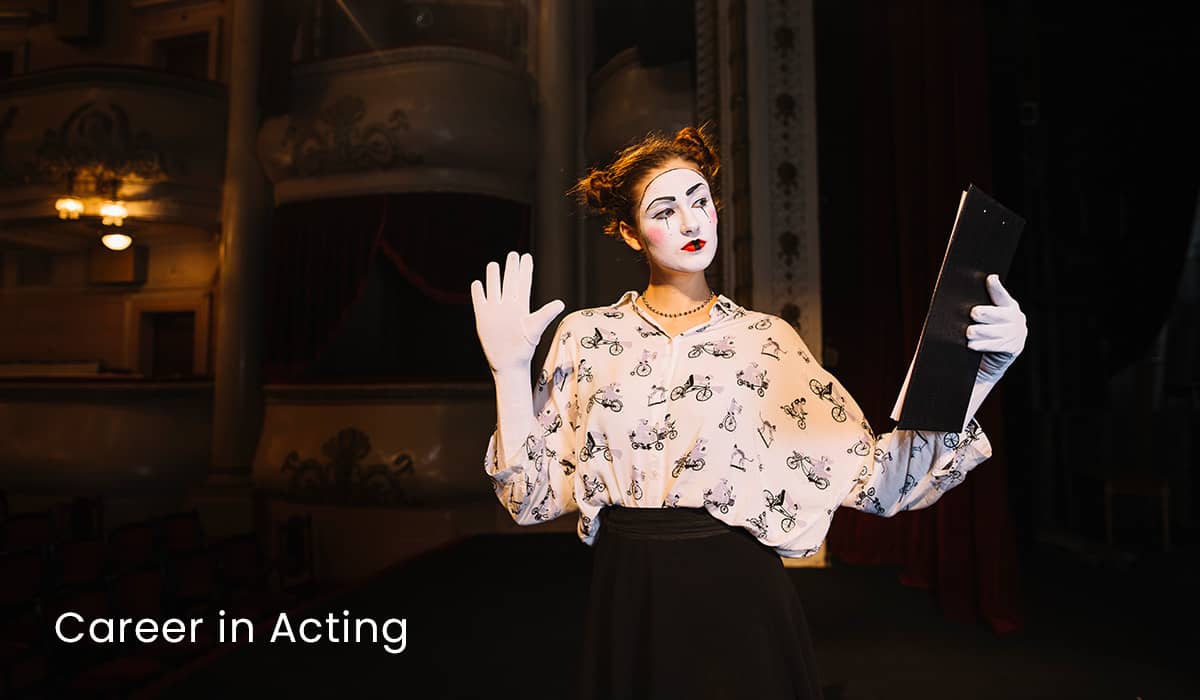Body language is the prime consideration when acting and prepping for a role. It is non-verbal communication that includes facial expressions, body posture, gestures, eye movements, and touch. It is considered that approximately 55% of communication between humans happens with body language.
Your body language plays an important role as an actor, especially when auditioning for a role or while performing. Actors should make a point about holding their posture, moving and walking around the room with a reason, not making too much eye movement, giving proper expression, etc. Our body is tuned by various factors, the most essential of which is body language.
What we think and feel is reflected in our bodies. If you’re feeling something, your body will show it, no matter how hard you attempt to conceal it. Years of conditioning have resulted in the body language you currently possess. Your current body language is generally influenced by your surroundings, relationships, and events.
Signs which show you don’t have a good body language:
- Crossed or interlocked hands are bad indicators
- Leg tremors are not a good sign for your body language
- Constantly looking away or down
- Shoulders that droop are a warning indicator
- Breathing through your mouth instead of mouth is not recommended
- Choking Voice
- Messing with your hair
Here are some hacks for improving body language in acting which can be used for your next audition:
- Follow the space gap
When auditioning, it is necessary to have gaps in between. One can utilize space to determine how someone feels about us and use the distance between others to try to forecast their relationship.
- Focus on microexpressions
Stay focused and get into the character; when we feel an intense emotion, it shows on our faces. It’s more challenging to give microexpression than a conventional, long-lasting one. The micro-expressions can be Disgust, Anger, Fear, Sadness, Happiness, Surprise, and Contempt.
- Confidence
You can show your confidence by owning the space around you. Keep a note of your posture. It should show others that you are pretty much sure about yourself.
- Keep Learning
Learning is an ongoing process. We should never stop learning. To know new tips about acting and keep gaining knowledge is always good. Try to learn something new every day.
- Do some warm-up exercises
Before reciting your monologue or performance, always make a habit of doing some vocal exercises. You don’t want to sound nervous or unconfident with a shaky voice when performing your act.
Know more about our Acting Courses.
